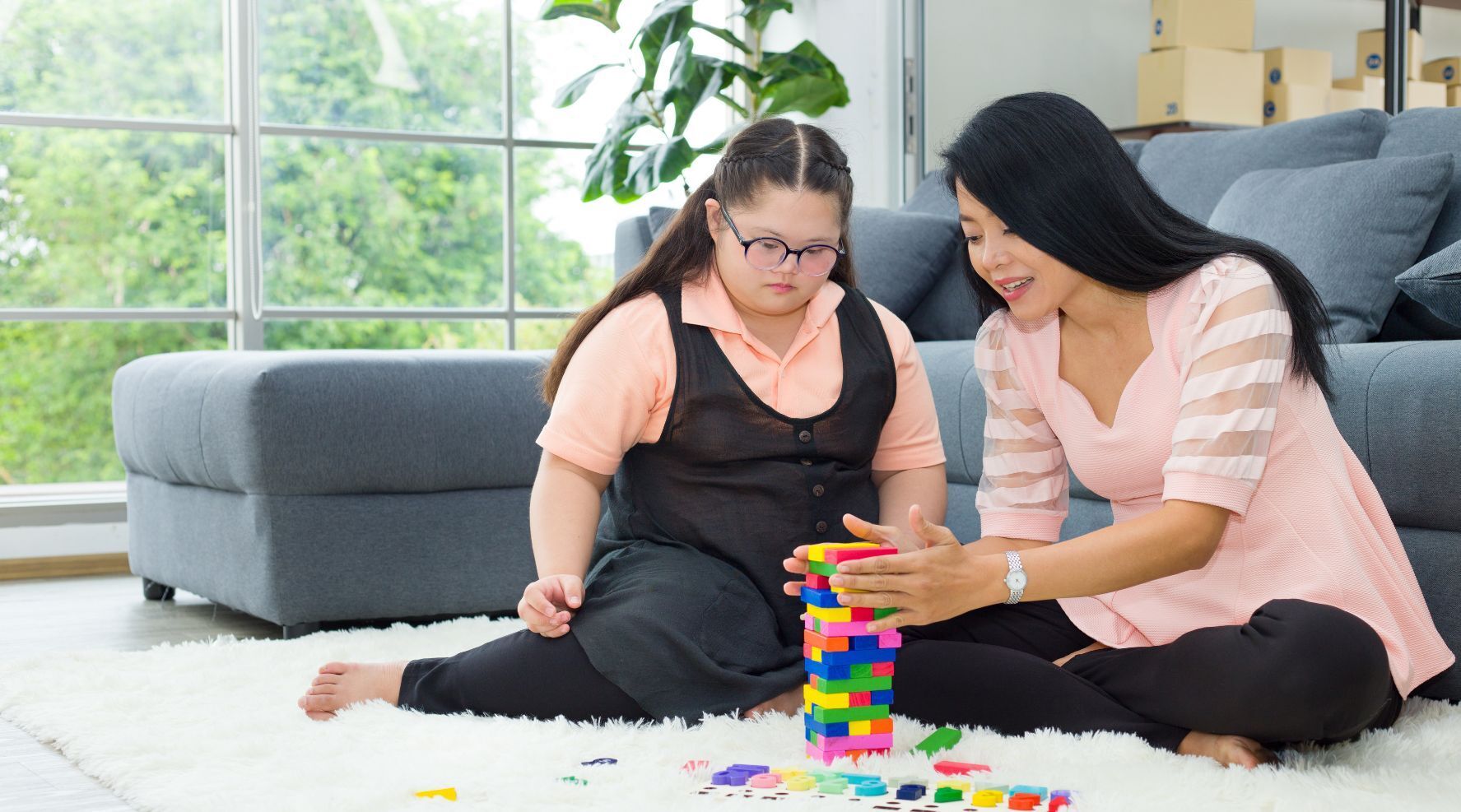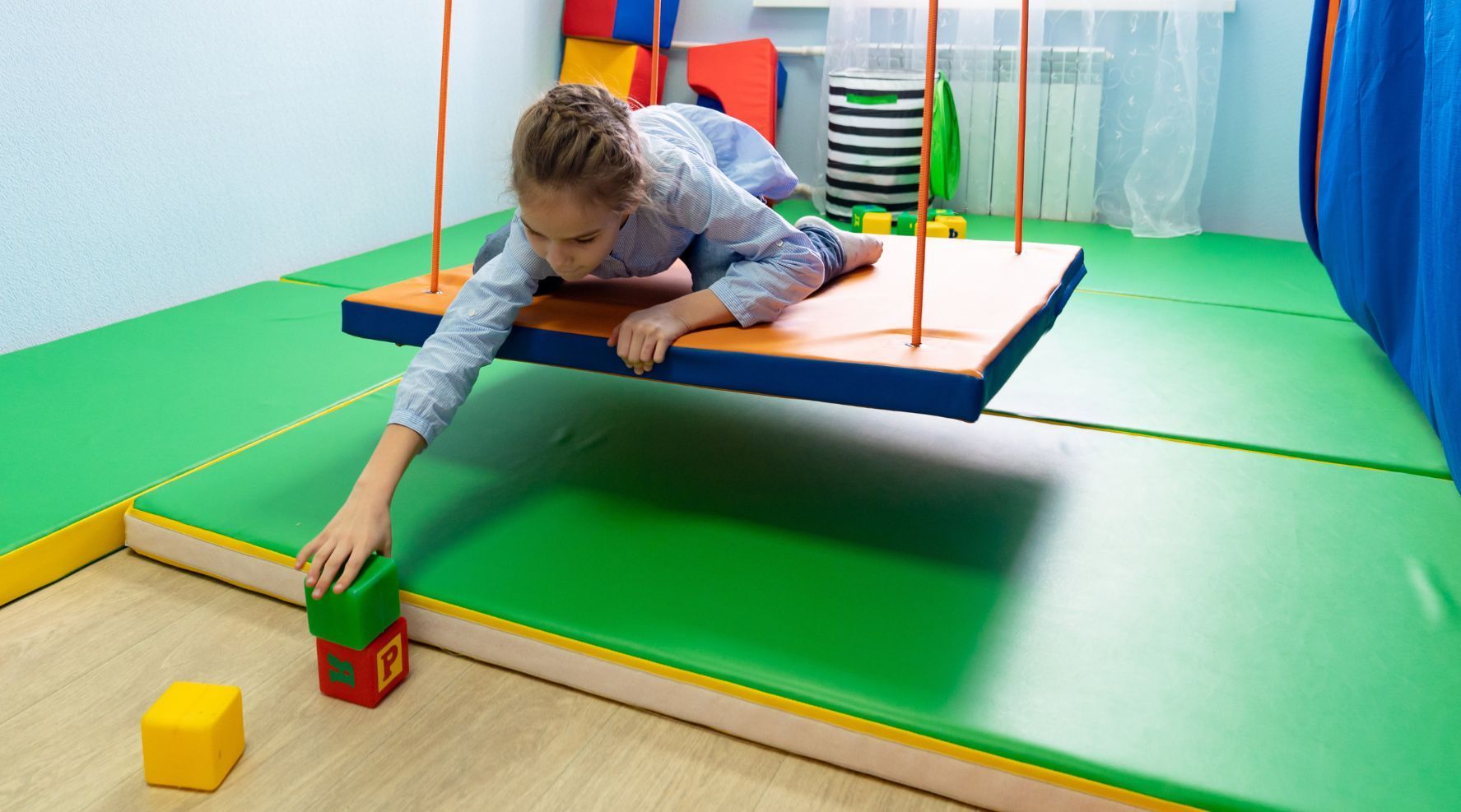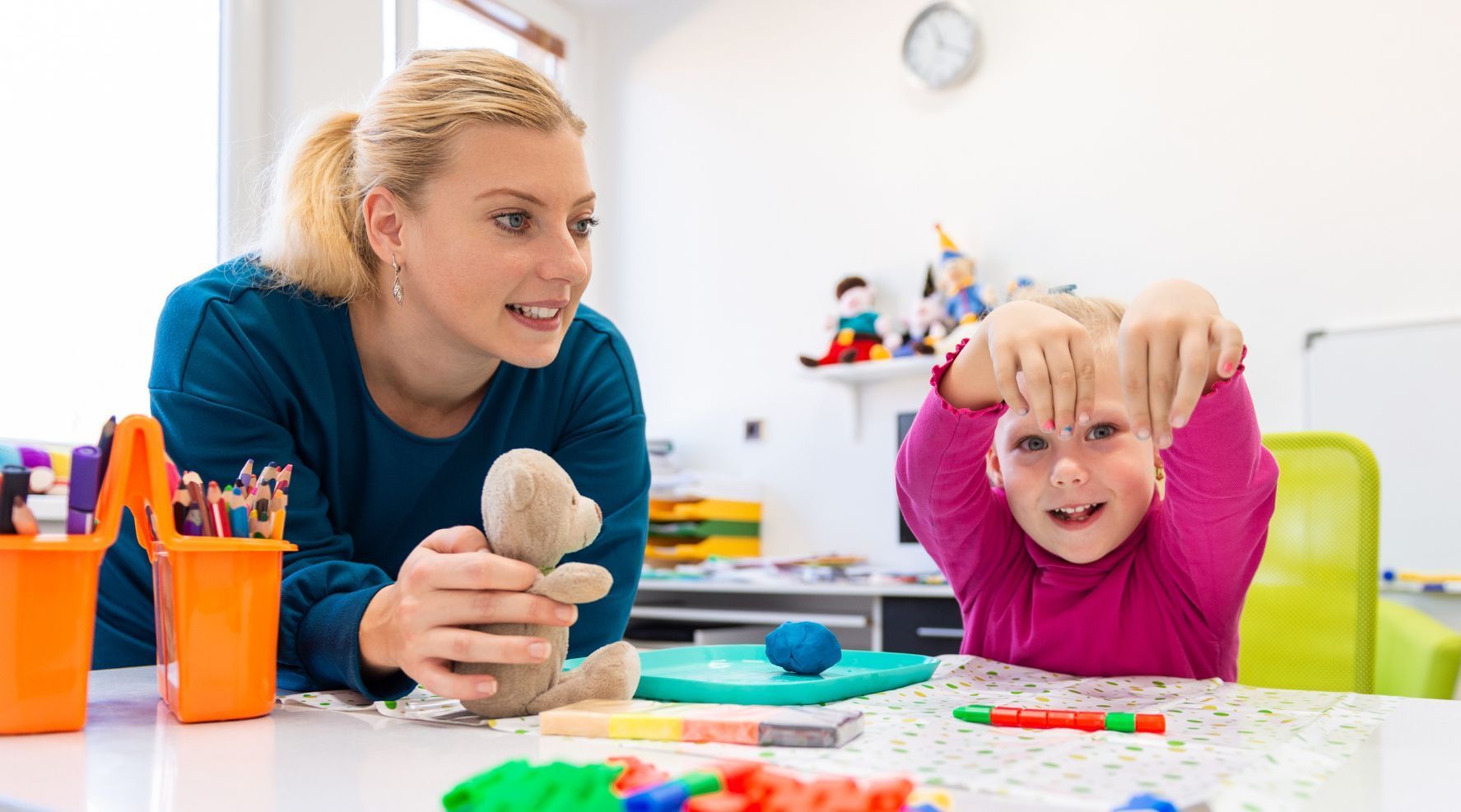8 Tips for Improving the Quality of Life for Kids With ASD
A diagnosis of autism (or, more accurately, a diagnosis that places a child on the autism spectrum) is a jolt to parents who had imagined a very different kind of family experience. Between therapy, advocacy, diet, and for some families, medication, efforts to help an autistic child can be exhausting.
Below we’ve listed eight tips for improving the quality of life for kids with autism spectrum disorder (ASD) that can make life better, and maybe even a little more manageable, in the face of the special needs of a child with autism.
Learn To Communicate
Whether your child uses spoken words, gestures, or doesn’t seem to communicate at all, the inability to express their own needs can be enormously frustrating for autistic kids. Parents are best attuned to learning what their child is trying to say.
Every parent learns to diagnose an infant’s needs, even to the point of recognizing different types of cries that signify “I’m hungry,” “I need to be cuddled,” or “I’m wet.” They can do the same with autistic kids. It just takes repetition and sensitivity to the child’s needs. Learn your child’s verbal or non-verbal cues to help you respond to their needs.
Professionals can offer communication systems for non-verbal kids, from picture exchange communication systems (PECS) to “talkers” (devices that speak sentences for the child) to iPads that use specially designed apps to facilitate communication.
With time, your child may speak and eventually learn to communicate effectively with words or by using pictures, gestures, or electronic devices. Some kids who never learn to talk still learn how to write or type to communicate.
Practice Positive Reinforcement
Punishing a person for having a disability is cruel and pointless. Instead, practice positive reinforcement. When your child makes a developmental leap (ties their shoes for the first time, uses a fork instead of their fingers, or makes eye contact when they respond to a question), provide a small reward. It could be a sticker, a small stuffed animal, or a new dry-erase marker for their whiteboard.
Advocate and Accommodate
Although more people are becoming familiar with autism, parents and children still face misunderstanding in new settings. From restaurants to playgrounds to schools, parents must act as advocates for their children.
When going out with your child, call ahead and explain that you’re bringing an autistic child, and briefly describe their sensitivities. Ask for a corner table by a window or an aisle seat. You’ll be surprised at how responsive most restaurants, theaters, museums, and sporting venues can be.
Meet with your child’s educational team more often than just during Individualized Education Program (IEP) meetings, and be prepared to offer suggestions about how best to reach your child. Your child may need a separate space to take a break, a screen they can sit behind to mask the often chaotic classroom décor, or noise-canceling headphones to use during work periods.
As you advocate for your child, make sure you address the following:
- Visual supports - If your child responds better to visual cues, say so. Ask for visual checklists, schedules, and menus.
- Routine - Predictability is comforting to a person with autism. Do your best to maintain routines and to prepare your child in advance if there will be a disruption on a given day.
- Sensitivities - Get help with things like volume, bright light, the need for a quiet break space, or fidget toys.
- Self-advocacy - All parents make the mistake of doing things for their kids that their kids could just as easily do for themselves. For kids with special needs, this can be especially problematic. Kids with special needs must self-advocate, such as asking for breaks when needed, avoiding foods that will cause an allergic reaction, and asking for help if they get lost or feel threatened by a stranger.
Exercise
Persons with disabilities are at greater risk of obesity. Whether this is because participating in sports or exercise is more difficult due to physical or intellectual and social issues (difficulty understanding rules, discomfort with large and noisy teams), it makes finding ways for your child to get exercise even more important.
Talking walks with your child or visiting playgrounds where they can observe other kids and play alongside them will help your child incorporate some movement into their day. If your community hasn’t upgraded its public playgrounds in years, lead an effort to renew and redesign them into
sensory playgrounds welcoming to kids of all abilities.
Diet
Many autistic kids have sensory issues that cause them to be extremely picky eaters. Sometimes foods they love aren’t very nutritious. It takes time, but gently introduce healthful foods until your child becomes more willing to expand the range of foods they’ll agree to consume. It’s essential to involve your pediatrician and possibly a qualified therapist in monitoring and gently adapting your child’s eating habits to ensure they get the nutrients they need.
Patience, Persistence, Preparation
Raising an autistic child takes enormous patience and a strong dose of faith in the future. It may take years to teach your child to be safe in a parking lot or how to button their shirt, but don’t give up.
Preparation is also critical. When you know you’ll be going into an environment that triggers a strong reaction in your child, be ready with the noise-canceling headphones, the weighted hat or blanket, the fidget toys, or the crunchy snacks that help address sensory needs so your child can remain calm.
Embrace Community
Many states have adopted a one-size-fits-all approach to special education. If your child attends public school, they may end up in a special education classroom with children who have many different types of disabilities. This stretches teachers, teacher’s aides, and resources to the breaking point.
Get to know the parents of all the kids in your child’s class, and embrace the ready-made community of parents and families the situation presents to you. Although the educational benefits of special education classrooms trying to serve diverse needs may be limited, the opportunity to form a supportive special needs community is not. This is true for both you and your child. Life is better with friends, and diverse classrooms offer opportunities to build lifelong friend relationships.
Trust Your Instincts and Choose Professionals Wisely
Sadly, schools alone won’t be able to provide all the help your child may need. When choosing doctors and therapists for your child, solicit recommendations from parents whose children seem to be succeeding in school and social situations. Look into professional and educational backgrounds, board certifications, years of experience, and treatment philosophies.
Don’t expect immediate results, but If you get started with a professional and your child becomes more defiant or withdrawn, or the professional’s advice seems out of sync with your child’s needs, look elsewhere.
Decisions about what is best for a child belong to their parents. When the child can express their hopes, goals, and needs, these should then take precedence.
Taking steps now to improve the quality of life for a child with ASD will pay off in the future as your child learns to self-advocate, keep themselves safe, participate in activities that make them happy, and build a more independent life.






